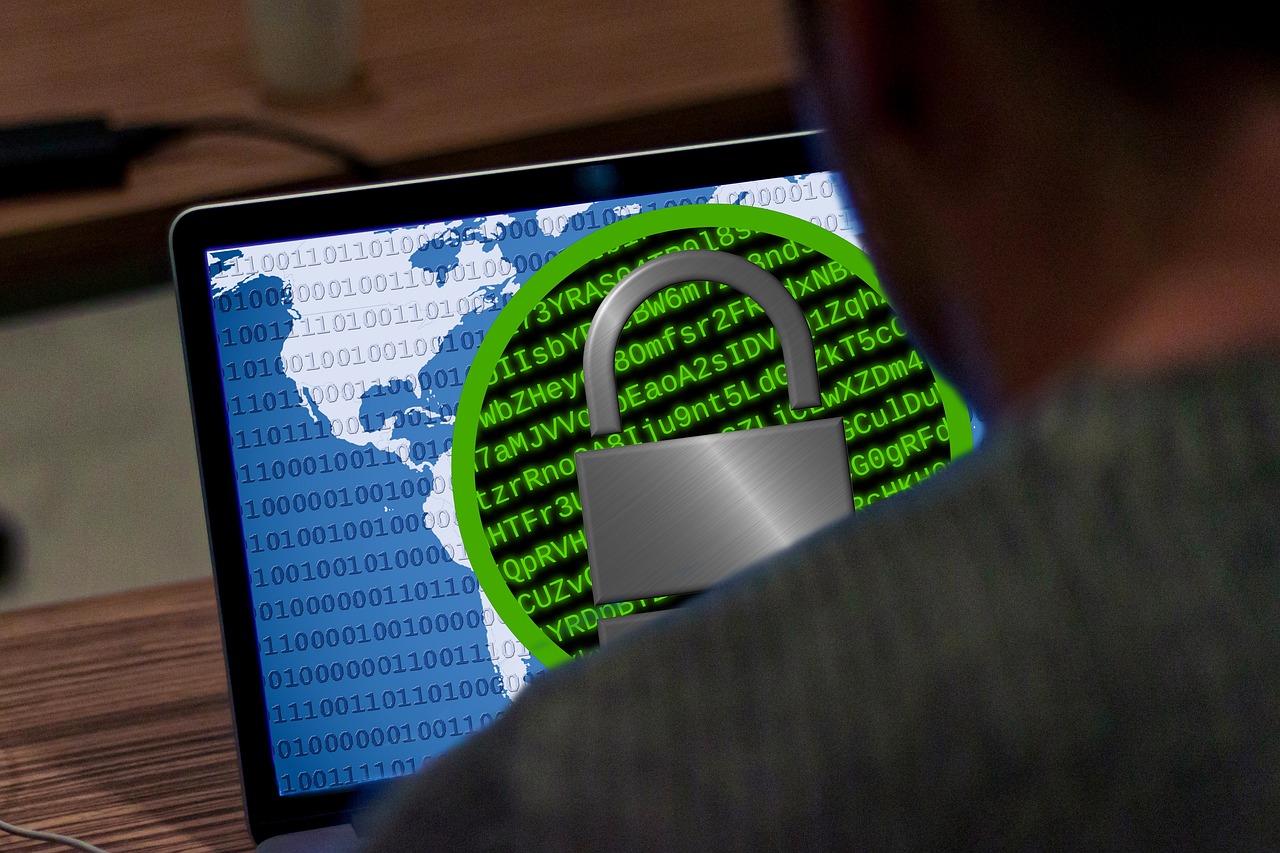By understanding the threat and implementing proactive measures, entrepreneurs can significantly reduce the risk and protect their businesses.
Understanding Ransomware
Ransomware is a malicious software designed to infiltrate computer systems, encrypt sensitive data, and hold it hostage until a ransom is paid. Cybercriminals often use deceptive methods such as phishing emails, infected websites, or malicious downloads to gain access to a business network. Once the ransomware is activated, it spreads rapidly, encrypting files and rendering them inaccessible to the business owners. The attackers then demand payment, typically in cryptocurrency, in exchange for the decryption key.
The Impact on Small Businesses
Small businesses are particularly vulnerable to ransomware attacks due to limited resources, inadequate cybersecurity measures, and the assumption that they are less likely to be targeted. However, this misconception has been shattered, as cybercriminals now view small businesses as easy targets with potentially high payouts. The consequences of a successful ransomware attack can be severe, including financial losses, reputational damage, legal liabilities, and even business closure. Therefore, it is crucial for small business owners to take proactive steps to protect their data and minimise the risk of falling victim to ransomware attacks.
Protecting Against Ransomware
Educate Employees
Train your staff to recognise and avoid suspicious emails, phishing attempts, and unsafe websites. Emphasise the importance of not clicking on unknown links or downloading attachments from untrusted sources.
Implement Robust Security Measures
Install and regularly update reputable antivirus and anti-malware software on all devices connected to your business network. Keep operating systems, applications, and plugins up to date with the latest security patches to close any vulnerabilities.
Regularly Backup Data
Implement a comprehensive data backup strategy that includes regular backups of critical files and data. Store backups offline or in a separate network location to prevent them from being affected by a ransomware attack.
Use Strong Passwords and Multi-Factor Authentication
Encourage employees to use strong, unique passwords and enable multi-factor authentication whenever possible. This adds an extra layer of security to your systems, making it more difficult for cybercriminals to gain unauthorised access.
Restrict Administrative Access
Limit administrative privileges to only essential personnel. By minimising the number of employees with elevated access rights, you reduce the potential attack surface for cybercriminals.
Implement Network Segmentation
Separate your business network into different segments to isolate critical systems and restrict lateral movement in case of an attack. This way, if one segment is compromised, the rest of the network remains protected.
Conduct Regular Security Audits
Regularly assess your systems' vulnerabilities and conduct security audits to identify and address any weaknesses. Consider hiring a professional to perform penetration testing to uncover potential entry points for attackers.
Develop an Incident Response Plan
Create a comprehensive incident response plan that outlines the steps to be taken in the event of a ransomware attack. This plan should include procedures for isolating infected systems, reporting the incident to the appropriate authorities, and communicating with customers and stakeholders.
Conclusion
The threat of ransomware is a pressing concern for small businesses, but by understanding the risks and implementing proactive cybersecurity measures, entrepreneurs can significantly mitigate their exposure. Educating employees, implementing robust security measures, regularly backing up data, and developing an incident response plan are crucial steps toward protecting your business from ransomware

